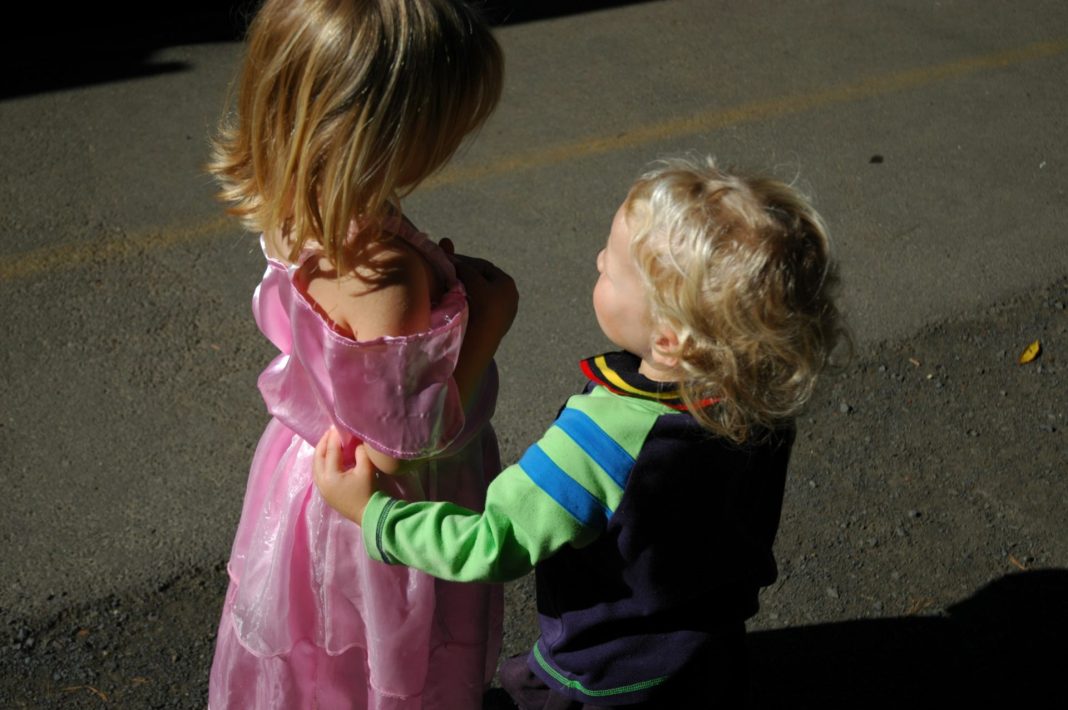After watching a Tiktok that said we have already spent the majority of the time we get to ever have with our siblings by the time we leave home, I ran into my brother’s room, misty-eyed, ready to spend some quality time together. I was immediately reminded why this isn’t such a bad thing. I adore my brother, but nobody seems to aggravate me as much as he does. Siblings seem to always know exactly how to push each other’s buttons; they know every weakness to target before we’ve even recognised it ourselves. As annoying as this may seem, it also proves that they often know us better than anyone else. They’ve seen every phase of our lives and been forced to love us through each of them; for the majority of us, this is the only example of a lifelong friendship that we have. I have to give my brother some credit for this because I’ve lived through some shameful personality changes, but he’s always been there (even if it was to tell me how ridiculous I looked).
But now I’m crossing into uncharted territories. I’m away for half of the year and my brother has a social life that most definitely does not include me. He’s not around to flex his stringy arms in my mirrors or laugh at our parents; suddenly we’ve both started spending time at home alone and it’s strikingly empty. Growing up and moving out have always been fears of mine, yet I only ever thought about this in relation to leaving my parents. Siblings are always growing alongside us, often catching up to us; it’s impossible to imagine a time without them. However, when I look at the relationships between my parents and their siblings, it’s very apparent that something must change. Without the forced close proximity, siblings drift to make their ‘own’ families, making time for the people they choose rather than their ‘old’ family.
We’ve all heard the saying “blood is thicker than water”, calling for us to put family before all else, but I think few know its original meaning. The full phrase actually writes that “blood of the covenant is thicker than water of the womb”, which instead encourages us to hold agreements that we make to friends or partners above our own family. It’s easy to agree with this – why should we be forced to favour people with whom we share nothing but blood? Friendships are founded on common interest and love by choice; this surely is a worthier connection to value than the genetic lottery which chooses our siblings.
But I would argue that sharing a childhood creates bonds that can never truly be lost over time. Whether this is with a sibling or a friend you’ve had since primary school, I think it’s hard to outgrow a shared history; people change but your memories stay connected. Nostalgia has a beautiful way of idealising people from our youth and, though this can be misleading, I believe this is why siblings will always be important to us. They represent our childhood selves; aging and distance can’t ever remove this connection and they remain our link back to our past. Surrounded by them, we can again become the most immature version of ourselves, back to the years of bickering and fun – and this isn’t a bad thing. This break from pretending to be an adult is something I will always look forward to when I return home during the vacs and something that I hope will never change in the years to come.
Though writing this has made me appreciate my brother, I know this will be a short-lived gratitude. Nonetheless, I hope this acts as a reminder to our future selves to soak up our last links to childhood and stay close with our biggest enemies (and bestest friends).


